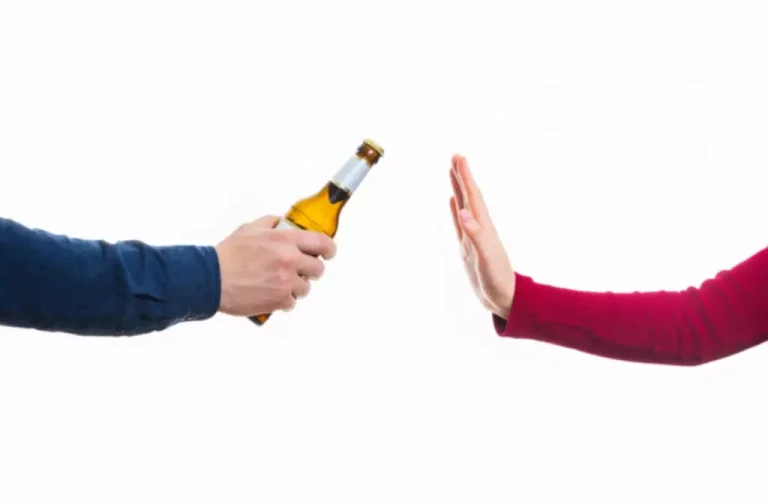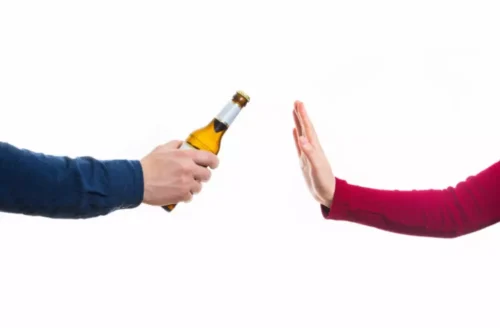
These approaches aim not just to stop drinking, but to address the underlying drug addiction treatment psychological factors that contribute to problematic alcohol use. The psychological dependence on alcohol also brings about cognitive distortions that affect an individual’s perception of their drinking habits. For instance, an individual might convince themselves that they “deserve” a drink after a hard day or that everyone in their social circle drinks, so it’s acceptable.

Emotional Dysregulation
Individuals suffering from such conditions may have used alcohol as a form of self-medication. If this is the case, diagnosis of any coexisting condition is essential for guiding treatment. This complex web of consequences illustrates why mental health is a central focus in alcohol recovery programmes. You might try to drink more alcohol to get rid of these symptoms, but using alcohol to manage your mental health instead of getting help can lead to more problems. If you keep drinking a lot of alcohol, it can cause more problems and make your depression and anxiety worse over time.

What Are the Treatments for Alcohol Addiction?
Additionally, holistic therapies, including mindfulness-based interventions and yoga, are explored for their potential benefits in promoting overall wellness and aiding in stress reduction. By incorporating these holistic elements, treatment becomes more comprehensive, addressing the individual’s needs across various domains. Alcohol dependence is closely linked to alterations in brain structures involved in reward processing, decision-making, and impulse control. This subsection delves into the impact of chronic alcohol exposure on the brain, with a focus on regions such as the prefrontal cortex, amygdala, and nucleus accumbens. Structural and functional changes in these areas contribute to the compulsive seeking and consumption of alcohol observed in individuals with dependence.
Psychological and physical dependence: The difference
It is important to seek professional https://ecosoberhouse.com/ help if you are struggling with psychological dependence on drugs or alcohol. It’s important to remember that not everyone who uses substances or engages in behaviors is psychologically dependent on them. For example, someone might drink alcohol occasionally without experiencing any negative consequences. But someone who is psychologically dependent on alcohol might find that they can’t go for more than a few hours without drinking and that their life revolves around getting and using alcohol. If you’re concerned that you might be psychologically dependent on a substance or behavior, it’s important to talk to a doctor or mental health professional.
This condition can last for weeks, even months, and symptoms can range from mild to severe. Or, maybe you prefer energy drinks, but only when you have a big day coming up. On the morning of one of those big days, you lose track of time and miss your chance to pick up a can on your way to the office. If you have noticed negative consequences of your use of alcohol or other drugs, you may resolve to make a change in the new year.

Recovery is possible! Take the first step towards a new life today.
Drinking in social settings, after work, or as part of a routine derives a habitual pattern. These habits become automatic over a long time, making it challenging for individuals to extricate themselves from the cycle of alcohol use. Prolonged psychological dependence on alcohol drinking shrinks brain regions involved in memory, decision-making, and emotional regulation, such as the hippocampus and prefrontal cortex. These changes impair cognitive function and increase the difficulty of quitting alcohol, as the brain no longer functions in the same way as it did before the addiction.
- If you find it very difficult to enjoy yourself or relax without having a drink, you could have become dependent on alcohol.
- The goal of psychosocial treatments is to target a person’s cognitive decision-making and their social environments.
- Cognitive behavior therapy (CBT) is a popular form of talk therapy because it’s designed to address and challenge unhelpful thought processes.
- This emotional escape only delays dealing with underlying issues, making alcohol use a destructive way of faring that ultimately reinforces the need for alcohol.
- Generally, you should limit your intake to 14 units of alcohol in a week — this is equal to six standard glasses of wine or six pints of lager.
- If you’re worried about your drinking, get in touch with your local GP surgery, who will be able to help.
Treatment Approaches
Therapy can help people who suffered as a child to address those challenges and develop healthier coping skills. The grave reality is that many do not seek help, often due to the stigma attached or the lack of understanding about their condition. Early intervention in addressing alcohol-related behavioral issues is critical for preventing long-term consequences, both for individuals struggling with alcohol use and for their families. Waiting until the problem escalates often leads to more severe physical, emotional, and social harm. Early action offers the best chance for recovery, empowering individuals to regain control before alcohol dependence takes a deeper toll. A holistic approach to alcohol dependence necessitates a comprehensive assessment that extends beyond the diagnostic criteria.

Moreover, the study highlighted increased cancer risks at all alcohol levels, suggesting alternatives like exercise or meditation. It might be surprising to hear that you don’t always have to be drinking to extreme levels to become dependent on alcohol. Our friendly and compassionate team will hold your hand through the process until you learn to love yourself again. If you or a loved one are seeking recovery services that accept your medical insurance, reach out to Infinite Recovery today.
